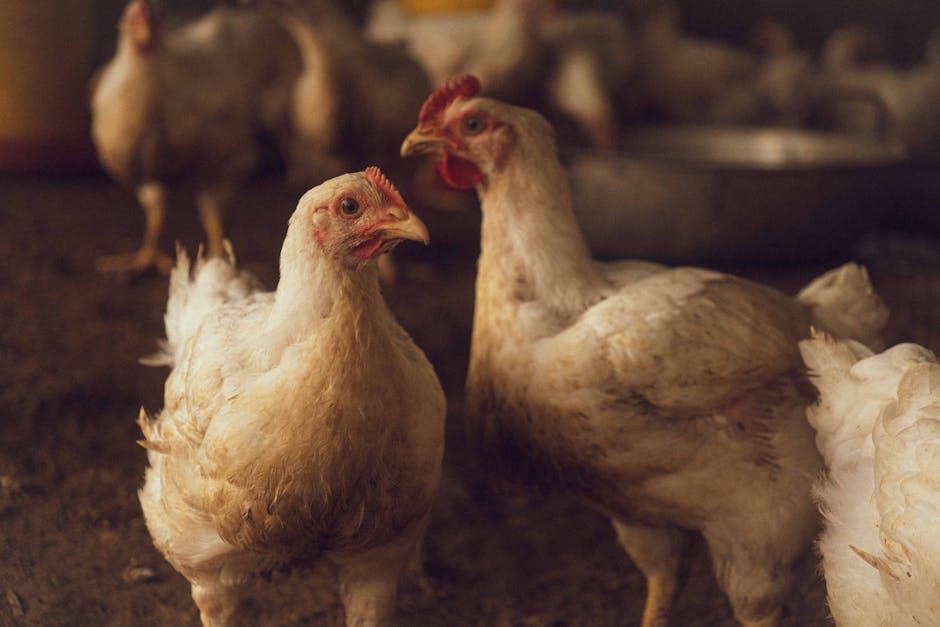A fundamental obstacle lies in the escalating demand for food. Population growth, particularly in developing nations, translates directly into increased consumption. This isn’t simply a matter of providing enough calories; diverse diets, incorporating protein-rich foods and micronutrients, further compound the pressure on agricultural systems. As incomes rise, dietary shifts towards more resource-intensive options, such as meat and dairy products, accelerate the strain on existing infrastructure. This “protein transition” demands a significant intensification of agricultural output to meet the evolving needs.
Simultaneously, the world’s arable land resources are finite and frequently under pressure. Deforestation for agricultural expansion compromises biodiversity hotspots and contributes to carbon emissions, undermining the very sustainability of future food production. Existing agricultural lands face challenges from desertification, soil erosion, and water scarcity. Irresponsible agricultural practices, including monoculture farming and excessive fertilizer use, exacerbate these issues, leading to soil degradation and the contamination of water sources. Moreover, climate change is imposing unprecedented stress on agricultural systems, with fluctuating weather patterns, prolonged droughts, and more frequent extreme weather events affecting crop yields and livestock production. Predicting and mitigating the impact of climate variability on harvests becomes a critical imperative for sustained food security.
Resource management is intrinsically linked to addressing the food challenge. Water availability is a critical factor, especially in arid and semi-arid regions where agriculture relies heavily on irrigation. Efficient water use techniques, including drip irrigation and rainwater harvesting, are crucial for conserving this vital resource. Furthermore, responsible fertilizer application and minimizing pesticide use are necessary to protect water quality and public health. The judicious use of agricultural inputs fertilizers, pesticides, and water is vital to safeguarding the environment. Excessive use of these resources leads to soil contamination, water pollution, and harm to beneficial insects and other organisms. Innovative approaches, such as precision agriculture and integrated pest management, can significantly improve resource utilization and environmental impact.
Beyond the physical challenges, agricultural systems must grapple with socio-economic factors. Unequal access to resources, technology, and knowledge disproportionately affects vulnerable communities, perpetuating food insecurity and malnutrition. Promoting sustainable agricultural practices in developing countries, through targeted investments in infrastructure and capacity building, is crucial. Farmers in these areas frequently lack the resources and knowledge to adopt modern, sustainable farming techniques. Empowering them with appropriate technologies and training is essential for improving yields and mitigating environmental impacts.
Technological advancements offer promising solutions. Genetic modification, precision agriculture, and advancements in irrigation technologies hold the potential to boost yields, conserve resources, and enhance the resilience of agricultural systems to climate change. However, responsible development and deployment of these technologies are paramount to ensure equitable access and minimize potential risks. Scientific breakthroughs in areas like vertical farming and hydroponics are creating alternative food production models that can potentially alleviate pressure on traditional agricultural lands. However, these alternative models often necessitate significant upfront investment and ongoing research.
Finally, equitable distribution of food resources is a crucial aspect of long-term food security. Food waste, a significant global problem, must be tackled through improved storage, transportation, and distribution systems. Policies that incentivize food redistribution and reduce food loss can significantly enhance access to nutritious food. Addressing poverty, inequality, and conflict are equally essential to ensuring that everyone has access to sufficient, nutritious food. Food systems that prioritize equity and social justice must be developed and implemented.
In conclusion, feeding a growing global population demands a multifaceted approach that goes beyond merely increasing yields. Addressing challenges like resource scarcity, climate change, and socio-economic factors are crucial to ensuring a sustainable and equitable food future. Innovative technologies, responsible resource management, and a commitment to sustainability are pivotal in this quest. Investing in agriculture, supporting small-scale farmers, and promoting food security initiatives worldwide are vital steps towards a resilient and just global food system capable of nourishing all. Addressing these challenges requires the collaborative efforts of governments, researchers, farmers, and consumers alike.
